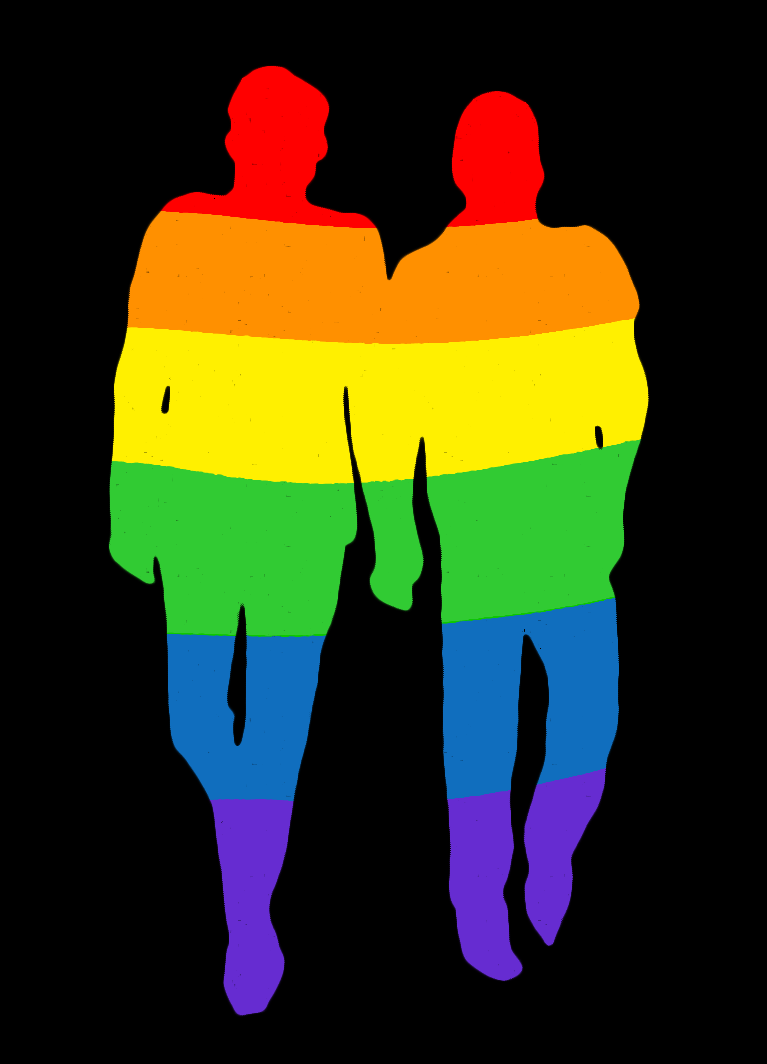Concordia student examines the inner turmoil of coming to terms with oneself
Is it okay to be gay? I can no longer contain what I like deep inside; living day to day like it is one big lie. I’m engaged in a major battle; having to choose between watching men or women is the ultimate struggle. I know which one I prefer, but will anyone understand me? I have nothing against women, don’t get me wrong, but I feel lost and out of sync with them and I know deep down that men are my true compass. The media is harsh to people like me, which in turn creates anxiety and criticism in every place that I’ll be. How will all my loved ones react when they find out the one thing on my mind is men, men, men. I pray to God every night for the answer to the question I’ve been trying to find: is it alright to be gay? And if it is, why must I play this daily charade? Everyone—man or woman—should decide how to be, without having to face the constant, overwhelming scrutiny. I love fashion, I love my chinos, I love my beanie, and, in fact, I also love my feminine glasses. I can’t change what I love, as it is a big part of me and let’s be honest, who wouldn’t love a cute boy in tight jeans? I have come to the realization that it doesn’t matter what anyone else thinks, because I will marry a man and live happily. Whether it is in this country or halfway around the world where the wedding might take place, I will always know that my life will be complete, as I’m standing beside the human being whom I am no longer afraid to appreciate. The truth is gender issues are no joke. They hurt, they intimidate and you lose all hope. However, today is the day that I make a stand, to be true to myself and say who I am. Gender issues can’t take my identity, as I’m still a human being and I deserve to be free. I’m walking out of the closet and into the light to live how I want—with a man by my side.
